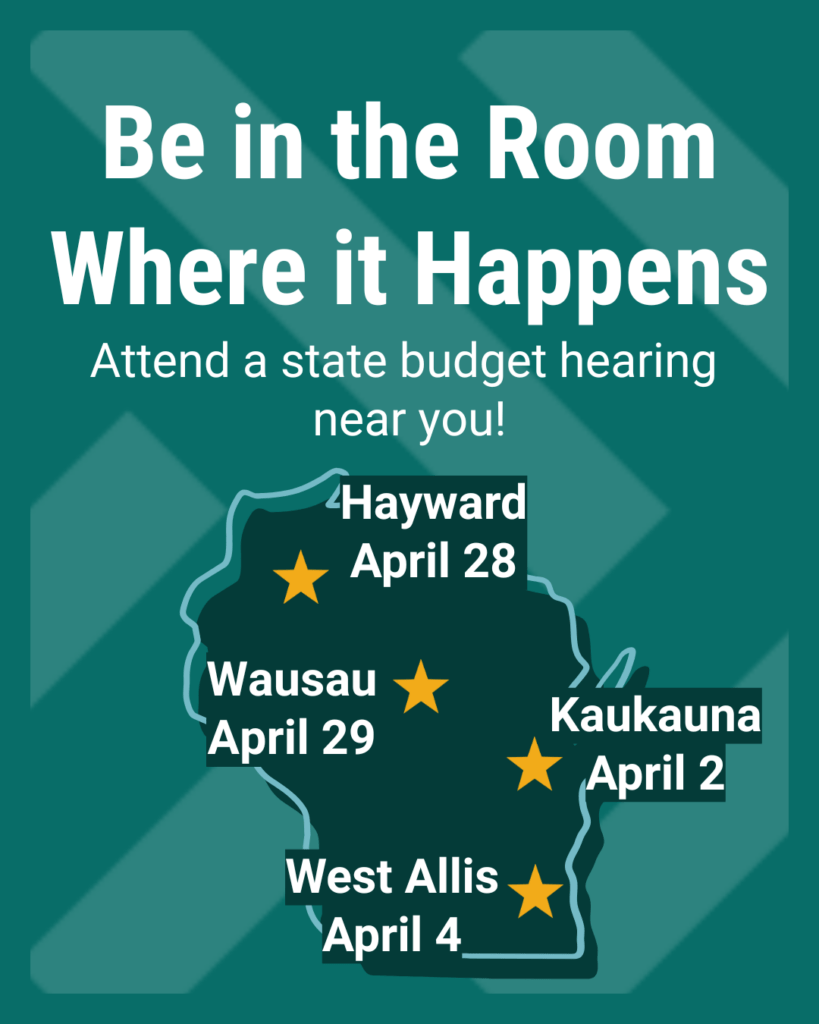Download the the full report in PDF
Introduction
This report adds 2020 data from the Wisconsin Department of Children and Families (DCF), which validates key findings from the previous Baseline Report, and provides a snapshot of a part of Wisconsin’s early care and education (ECE) systems during the first year of the COVID-19 pandemic. We have also expanded our analysis by incorporating stories from key informants to provide additional context for our findings. As a part of Kids Forward’s larger initiative to explore authentic stories from Wisconsinites on various issues, we conducted interviews with several parents.
Key Findings
Despite the major impacts of the pandemic, results from these analyses are remarkably consistent with previous years. The Wisconsin Shares child care subsidy from the state continues to be underutilized among many potentially eligible families. Complex enrollment processes and strict income eligibility requirements are potential contributors to this low participation. Black children continue to experience lower rates of high quality child care (4 or 5 Star child care as rated by YoungStar’s Quality Rating and Improvement System of 1-5 stars) in this program than other racial/ethnic groups. Ease of access to these 4 or 5 Star rated providers (due to their geographic location) and a lack of alignment between caregivers’ criteria of high quality and the rating system of YoungStar may contribute to this gap. Small improvements are occurring each year, resulting in a slow trend toward equity for Black children participating in Wisconsin Shares and receiving child care from 4 or 5 Star providers.
“It was important for a child care provider to get my child to school, to make sure my children were fed, and then there were times when the child care provider dropped the ball in areas like making sure my children got to school because of their own personal issues. My children missed school, and I felt like that shouldn’t have happened. If I brought things for my children to eat, the child care provider ate it herself. Those were things that I dealt with, and it made me very apprehensive to utilize child care because I didn’t feel trusting. … They were approved by the state to be a child care, so for me, what does the state look at? When do they check to see, to make sure the providers are doing what they’re supposed to? We are in a climate where people are single moms navigating a lot and needing assistance, so when we drop our children off at day care, we expect for them to provide quality child care whether it’s how that child eats, how that child is nurtured, how that child takes naps. All of those things are important, but our hands feel tied as parents if some things are going on that we don’t even know about. How do we know when we can trust the providers to give quality care?” – Bridgett Wilder



